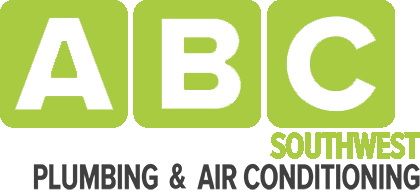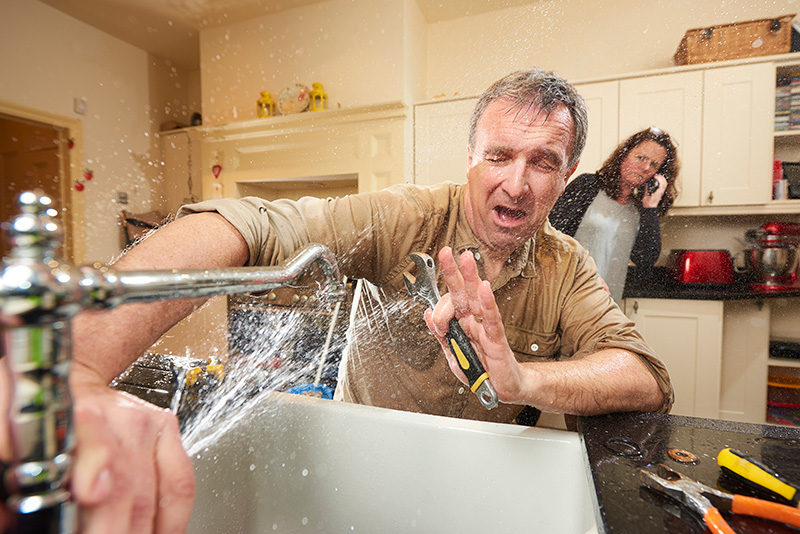5 DIY Plumbing Mistakes to Avoid
Performing plumbing projects around the home can be a satisfying way to improve your home and save a little money. However, before tackling those plumbing projects it’s important to understand the potential pitfalls to stay safe and avoid damaging your home.
1. Chemical Drain Cleaners
When a drain becomes clogged the first thing many homeowners think of are the commercials they have seen for chemical drain cleaning products. While they can be very effective at clearing certain kinds of clogs, they come with important safety warnings.
The same chemicals that quickly dissolve organic matter like hair and grease can cause chemical burns to your skin or even blindness if they come in contact with your eyes. They can also damage metal pipes, plumbing fixtures, and other finishes in the kitchen and bathroom if not used correctly.
A far safer way to clear a clogged drain is with a little elbow grease and a plumbing auger. There are also natural drain cleaning products that use enzymes to break down organic material. Baking soda, vinegar and hot water is another natural method to clean out a drain. These natural methods may take a little longer to do the job, but can just as effective as more caustic drain cleaners.
If none of the above options work for those stubborn clogs, your plumber can solve the toughest clogged drain problems safely and quickly.
2. Not Shutting off the Water Supply
Most plumbing projects require turning off the water. Forget this step and you’ll be dealing with gushing pipes and a big mess. If you can’t locate the local shut-off valve near a fixture, turn it off at the water main.
3. Not Getting a Permit
You’ve just had your brand new hot tub delivered and you’re all ready to install it in your new sunroom. Before you begin, do you need a permit? Some municipalities allow homeowners to pull their own permits, while others require a contractor. Always check before you begin any remodeling or installation project that you have all the required permits. This will ensure that the project is up to code and installed safely. You’ll also avoid the hassle of potential fines or red flags down the road when you try to sell the home.
4. Bad Pipe Connections
In homes with copper pipes, it’s important to understand the proper way to connect copper to galvanized pipes. If the two metals are connected directly, they can quickly corrode, leading to water leaks. This type of connection requires a special fitting called a dielectric union, which prevents the two metals from contacting each other.
Ask the Pros!
If you’re not sure you have the skills to tackle your next plumbing project, give us a call. We would be happy to explain what’s involved in completing the project. After all, there’s no replacement for experience.
Neighbors Are Saying About ABC






